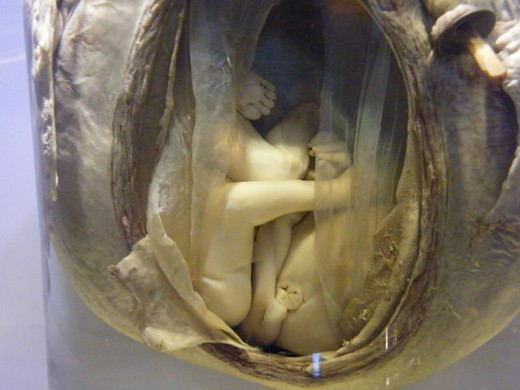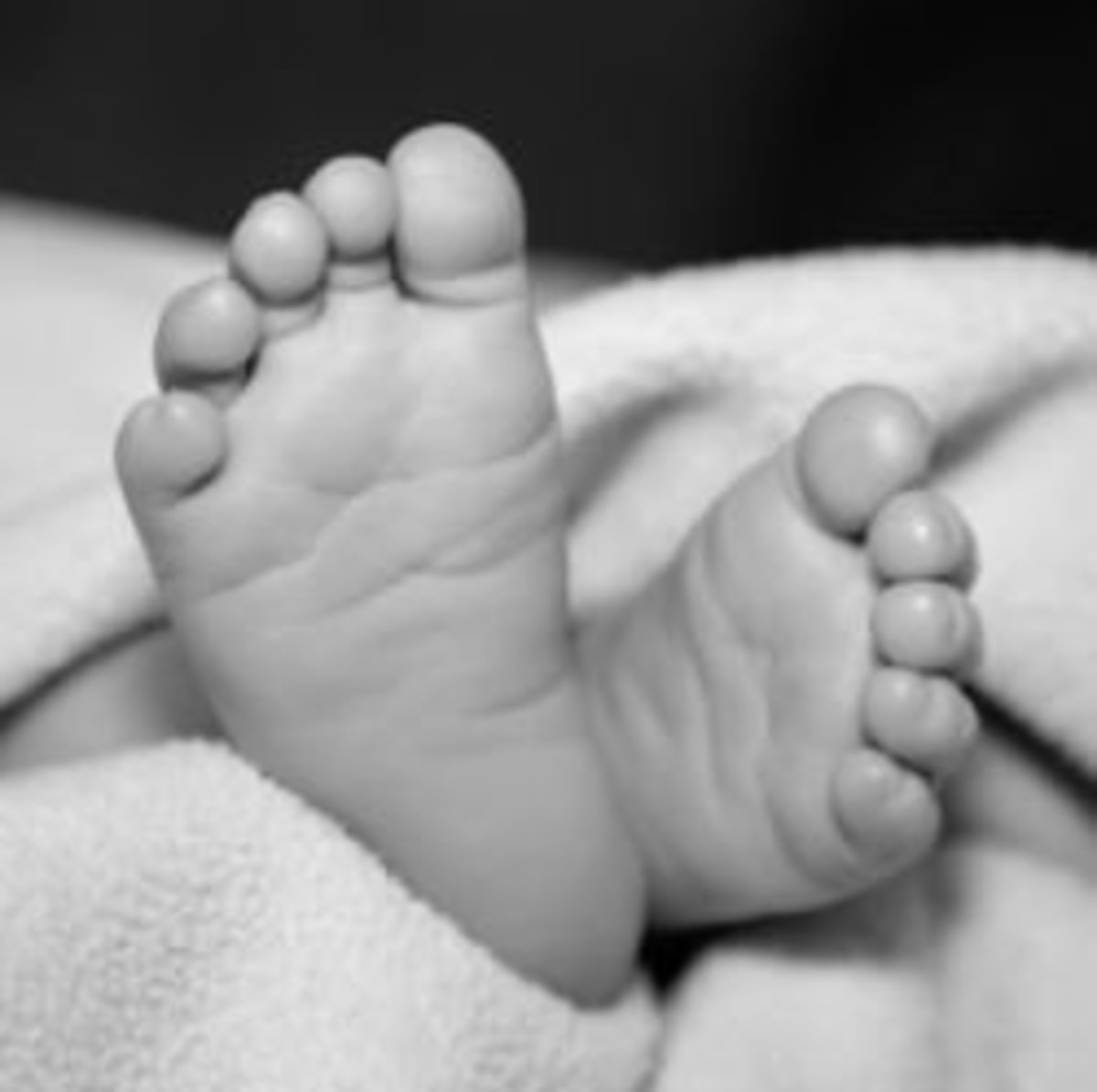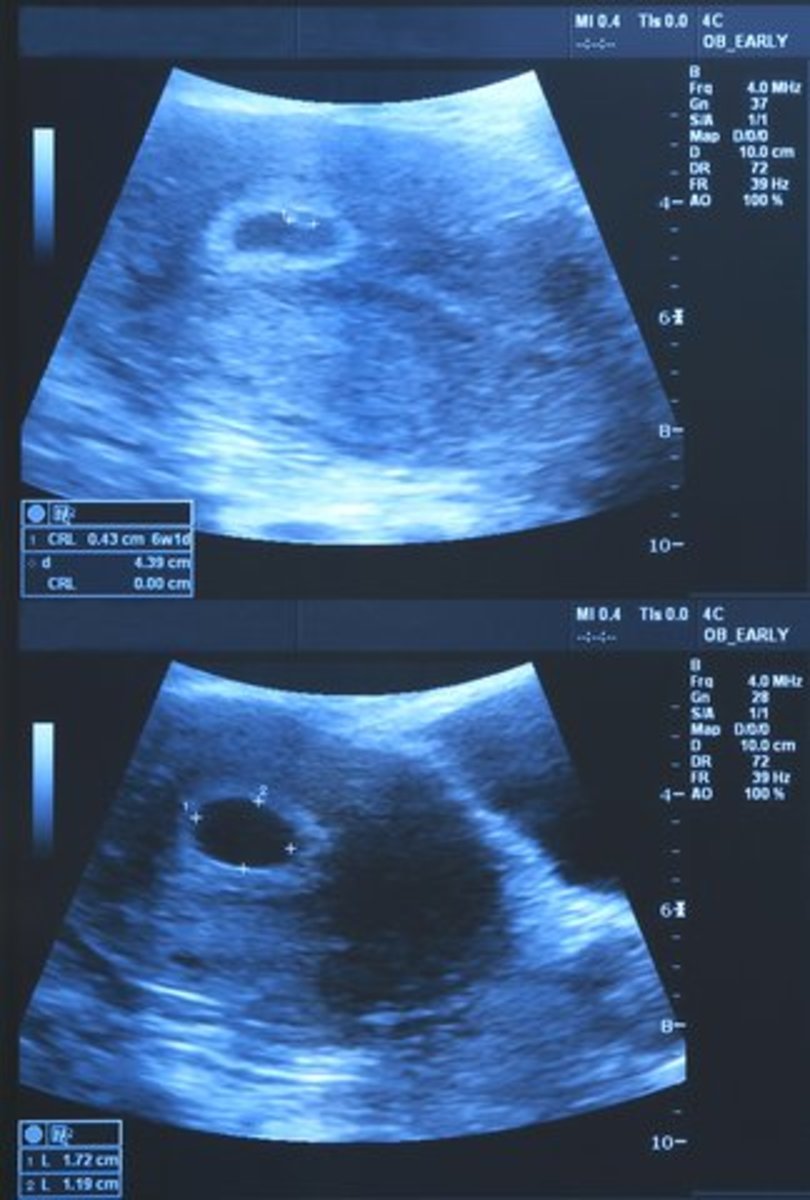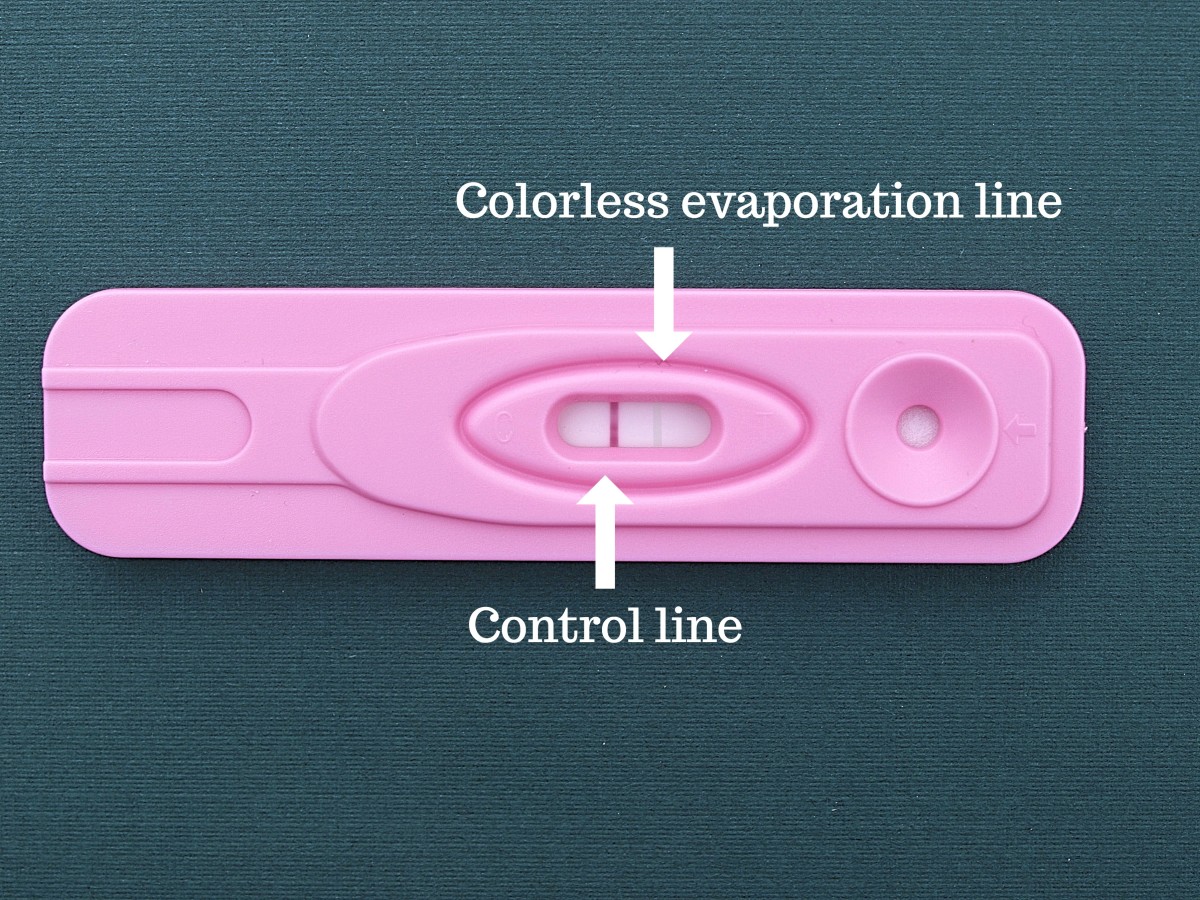- HubPages»
- Health»
- Women's Health»
- Pregnancy
After miscarriage - dealing with miscarriage and miscarriage support
After miscarriage - dealing with miscarriage and miscarriage support
Miscarriage is a terrible shock and a traumatic event in the life of any woman. After miscarriage, there is a feeling of emptiness in the place of expectation, numbness in the place of joy and the woman goes through an emotional roller coaster while grieving for the baby she has lost. Technically speaking miscarriage is the expulsion of a fetus from the womb, usually in the first 20 weeks of pregnancy. Most miscarriages commonly occur within the first 12 weeks or the first trimester of pregnancy. Miscarriage is termed so only when it is a spontaneous expulsion of the fetus or the result of an accident. To be termed a miscarriage the pregnancy has to be first established. It is known that 10-20 % of all pregnancies end in miscarriage. Although it seems like a common phenomenon, the women who undergo the event of miscarriage are truly physically, emotionally and mentally traumatized. It is in the days after the miscarriage that a person needs support and help. Dealing with miscarriage is not as easy as it sounds. To some women, it could become so disturbing that it could completely alter the fabric of their lives.

The emotional trauma of miscarriage
A pregnant woman usually becomes one with her fetus emotionally. It is a part of her and after a miscarriage there is a sudden feeling of emptiness, as if a part of her has been lost. It is similar to losing a limb or body part. Her hopes and dreams are dashed to the ground, leaving her with a sense of worthlessness. In some cultures, the news of conception of a child itself calls for a huge celebration and it often means public disgrace to have lost the child. The rituals that follow death often help people to grieve and bring a sense of closure. In miscarriage, there is often no sense of reality or closure, as the mother does not even see her baby. Even if the fetus was under twelve weeks it is still a life and a baby to the mother.
Your health after miscarriage
Although most women do not have major health issues after a miscarriage some do experience difficulties. It usually depends on the stage of pregnancy and the complications that lead to the miscarriage, the experience could differ from person to person.
- Vaginal bleeding continues for sometime, often a week or ten days.
- You may experience pain and cramps that is similar to menstrual cramps and pain.
- You may feel tired and weepy and experience loss of appetite and sleep.
- A general feeling of disinterest, listlessness and sadness could also be experienced by some.
- Swelling of breasts and lactation could occur in some women, but this would gradually diminish.
- It would help to rest and relax as much as possible.
Precautions to be taken after miscarriage
- Do not use tampons, sanitary pads are the best at this time and they help avoid infection.
- Abstaining from conjugal relationship is advisable when you are still bleeding as it could lead to infections.
- Avoid swimming pools when you are still healing.
- Taking showers are better than a soak in the bathtub.
- Give yourself time to heal mentally and physically. Be kind to yourself.

Grief after miscarriage
A miscarriage is indeed a difficult time for the woman and although it may seem that the woman is affected more, oftentimes this event could have a similar psychological effect on the spouse or partner of the woman. Sympathy and support in such a time would be of great help. It would be unwise to say that everyone experiences grief in the same way.
Often the circumstances in which the miscarriage occurs could decide the severity of grief, a well planned, much expected pregnancy, possibly at a late age which could seem like a last chance, could push a person into greater levels of grief. Repeated miscarriages, first conception etc could decide the level of grief. In general it is a very personal reaction to loss and varies from person to person.
Grief is a deep psychological reaction to a tragic event and you would do well to allow the natural process of grieving to happen. Controlling your emotions, not voicing them, or even trying to get back into your normal routines immediately could do you more harm than good.
It does help to understand that a miscarriage is common and it happens in one out of five pregnancies. A miscarriage is not the end, you could have healthy babies after a miscarriage. It is a myth that if you miscarry once you would repeat it again. You could get pregnant in the immediate menstrual cycle but if you are unprepared, it is better to wait until you are able to handle another pregnancy.
Miscarriages often occur because of some chromosomal abnormalities in the fetus. It would help to remember it is in some ways better that such a child does not come into the world and have to suffer. Believing that all things work for good is a great way to handle such a crisis.
Some people could be overwhelmed by grief. It is natural. Mourn as you would mourn for the death of your loved ones. It does help you heal faster. It could help to talk about how you feel to someone. There are many online support groups for women who grieve the loss of a unborn child. To tell you from my experience it did help me to give my child a name, mourn and and let go. Time alone with your partner may also be good if you prefer that.
It is not your fault that you lost your child. Anger, shock, depression, sadness, denial could all be part of the grieving process. Give yourself time to heal and understand that it is okay to feel that way.
Take time off from work. Rest a lot and get as much sleep as you can.
Keep a positive out look. Think positively and don’t let anger and bitterness overwhelm you. Focus on the positive things that you have in the relationship with your spouse/partner and do not let yourself become overly negative and hurt.
If your partner does not grieve the way you do, do not hold it against him. Men express their grief differently- they do not give vent to emotions the way women do. This does not mean that they do not feel anything. They often believe that they have to mask their feelings while helping you deal with trauma and supporting you.
Do not cut yourself from your partner or others. It helps to speak even though it is painful. If you find yourself going into a depression take help from a professional.
Try to find ways of sharing your grief with your partner. Ensure that you do not give in to blaming each other for the mishap, this could often happen in the intensity of the moment. Reach out to the other. Help him to speak and give vent. Use this time of grief to forge a strong bond between the two.
Develop activities and interests that are common to both and that which could keep you together in love. It may have been a hard/bad time for you but you have the power to make it work positively for you.
The fact that you may have to face colleagues or people you had announced about your pregnancy may distress you. You may find more support and help when you let people know about the miscarriage. Find the most supportive person to speak to and the rest will be easy.
Supporting the woman after miscarriage
After miscarriage supporting the woman is important. She could be moody/temperamental and need to be dealt with patiently if you are a care giver.
Look out for suicidal tendencies, and keep a close watch over her. Take psychiatric help if necessary.
It would be wise to do things non-intrusively and without letting the woman feel as if she is forced.
Understanding what the person is going through and modifying your ways of getting through to them especially in the days close to the miscarriage is important.
If the person does not want to eat food, offering small quantities but nutritious drink of fresh juice or soups or small bowls of cut fruits which may not really seem like sitting down to eat could help.
Taking care of and anticipating their needs would be another way of reaching them.
Flowers or soft music could help relax.
Shoulder massages, warm cuddles and hugs could also help the person.
Just being there and listening to the person would be a great help.
Whatever you do, do it with love and without being seen or heard.








